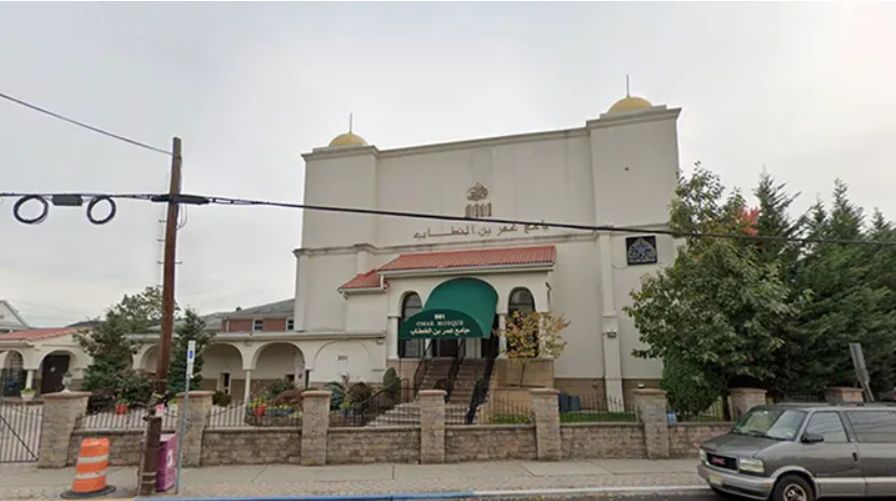Sayed Elnakib, the imam of Omar Mosque in New Jersey was stabbed during prayers as he led his congregation on Sunday.
Around 200 people were praying at the mosque located on Getty Avenue in South Paterson when the attack happened just before 6 a.m. The incident took place right as the prayer session began. The nature of Elnakib’s injuries was not immediately known. City Councilman Al Abdel-aziz identified the victim on Facebook.
“I am relieved to hear that Imam Sayed Elnakib is in stable condition and wish him a full and speedy recovery. Please know that my thoughts and prayers are with him and his family during this difficult time,” Abdel-aziz wrote.
Also Read | CashApp founder Bob Lee called 911, screamed for help before death after getting stabbed
The suspect’s name has not yet been released. Neither has the motive behind the stabbing been revealed. The only detail regarding the suspect that has been confirmed by the authorities is that he is not a member of the congregation, but he had been at the mosque before.
Elnakib was stabbed twice in the back. He was taken to St. Joseph’s University Medical Center for treatment. The suspect has been taken into custody.
Just a day before the attack, the New Jersey chapter of the Council on American-Islamic Relations (CAIR-NJ) called for that vandalism targeting the Dr. Hani Awadallah public school in Paterson to be investigated as a hate crime. An unknown dark substance was used to deface the word “Allah” in Dr. Hani Awadallah’s name on the sign in front of the school.
Also Read | Who is Jamie Meah? 18-year-old stabbed during taxi ride in Armley, Leeds
“While the circumstances surrounding the incident remain unknown, the smearing of the word ‘Allah’ in Dr. Awadallah’s name is apparently intentional, with the remainder of the sign left untouched, making an immediate hate crime investigation into this incident necessary,” CAIR-NJ Executive Director Selaedin Maksut said.
He added: “This incident is one of many throughout New Jersey. In 2022, we’ve recorded the highest number of complaints of anti-Muslim prejudices, at 152. Over the years, our records have shown that complaints increase around and during Ramadan, in part because Muslims are more visible and take up more space — physically and metaphorically.”







